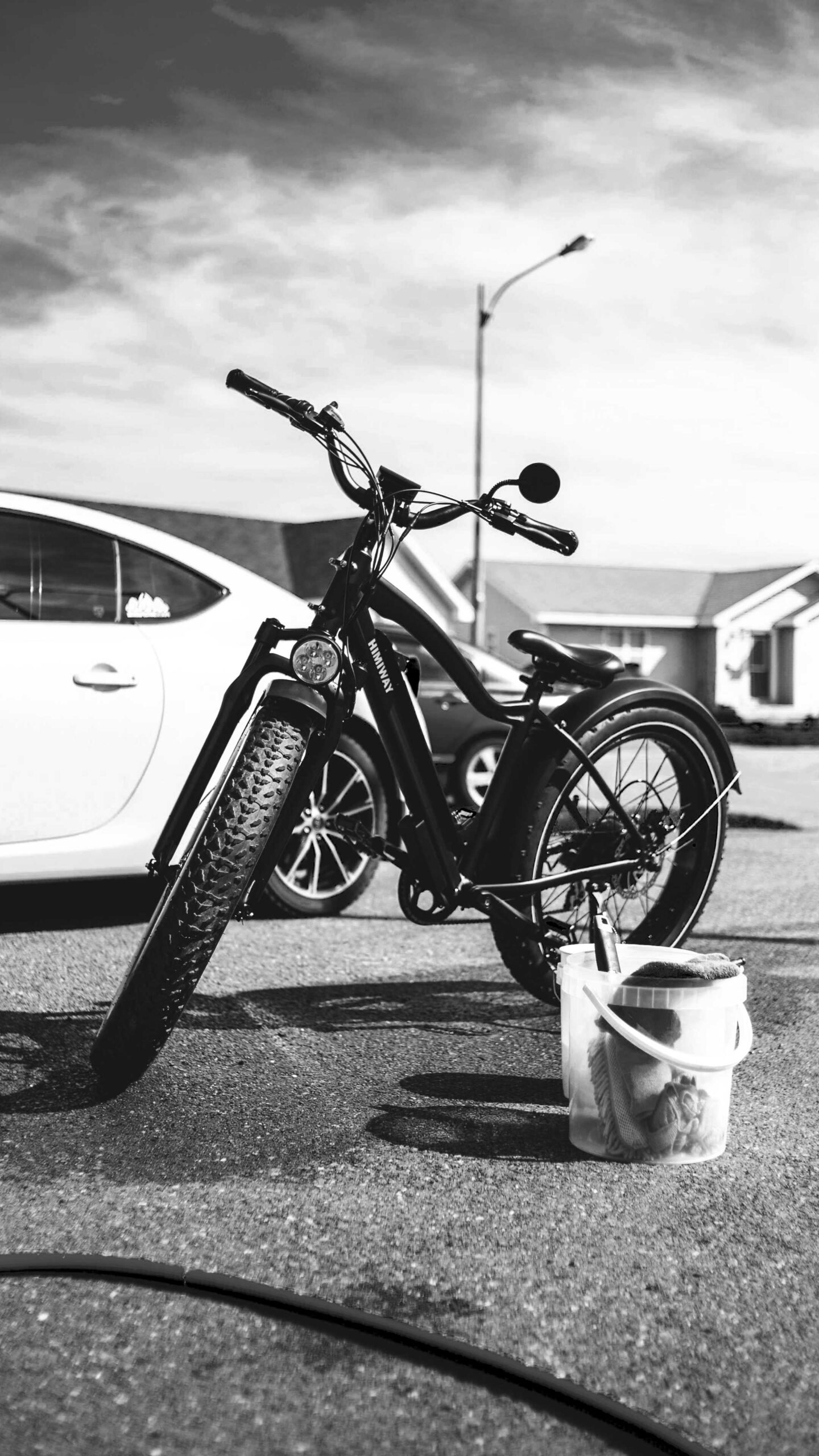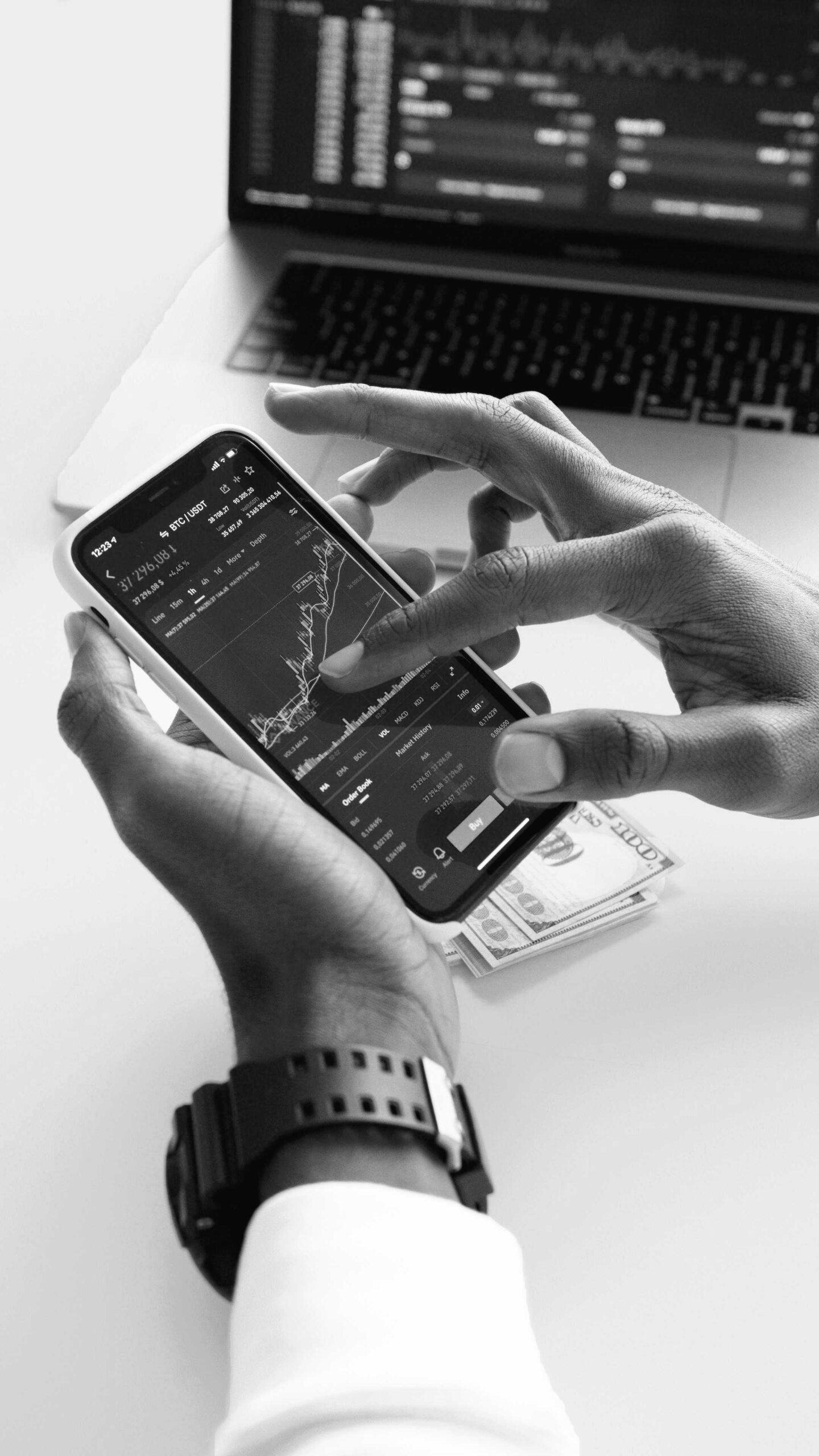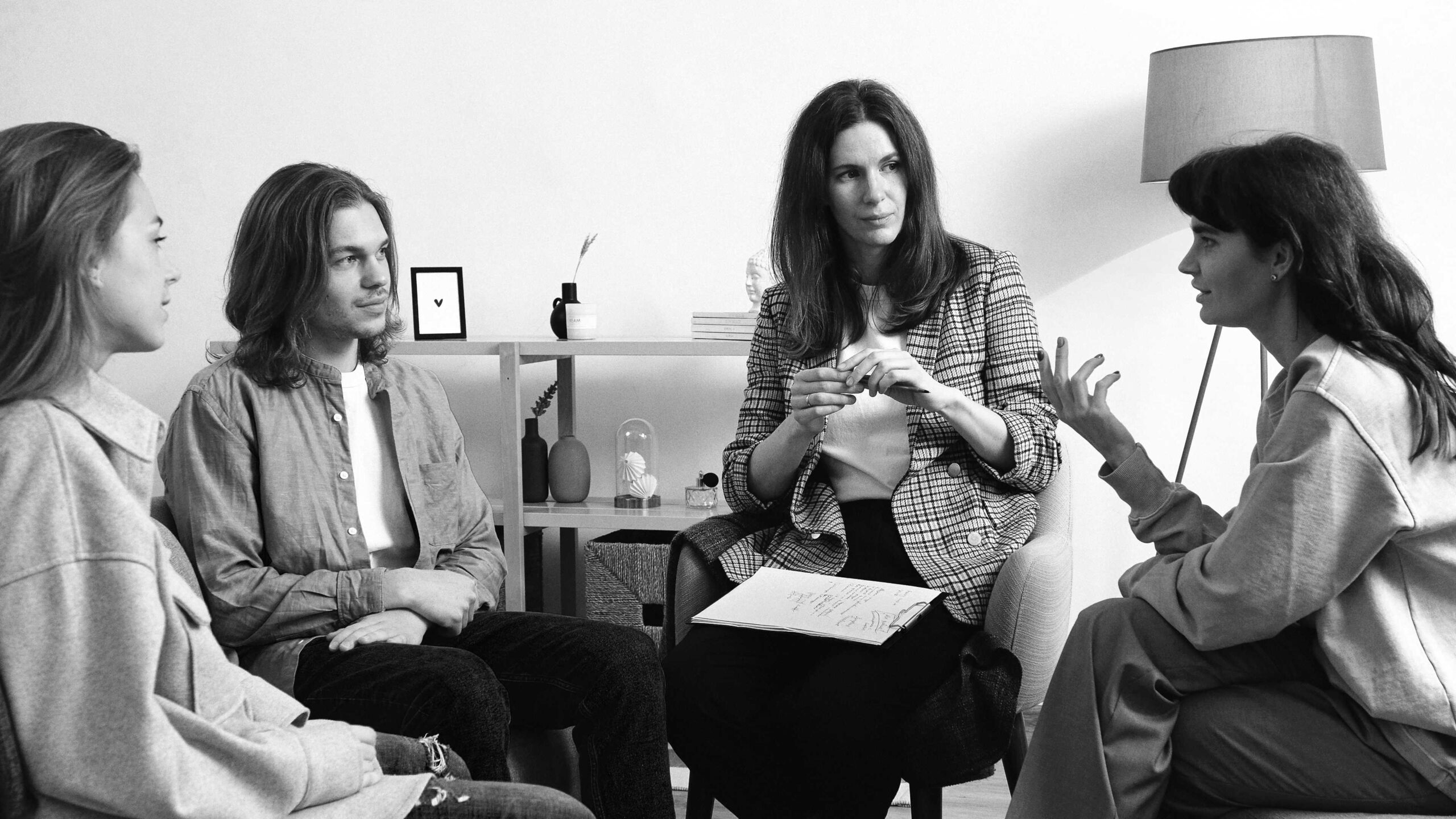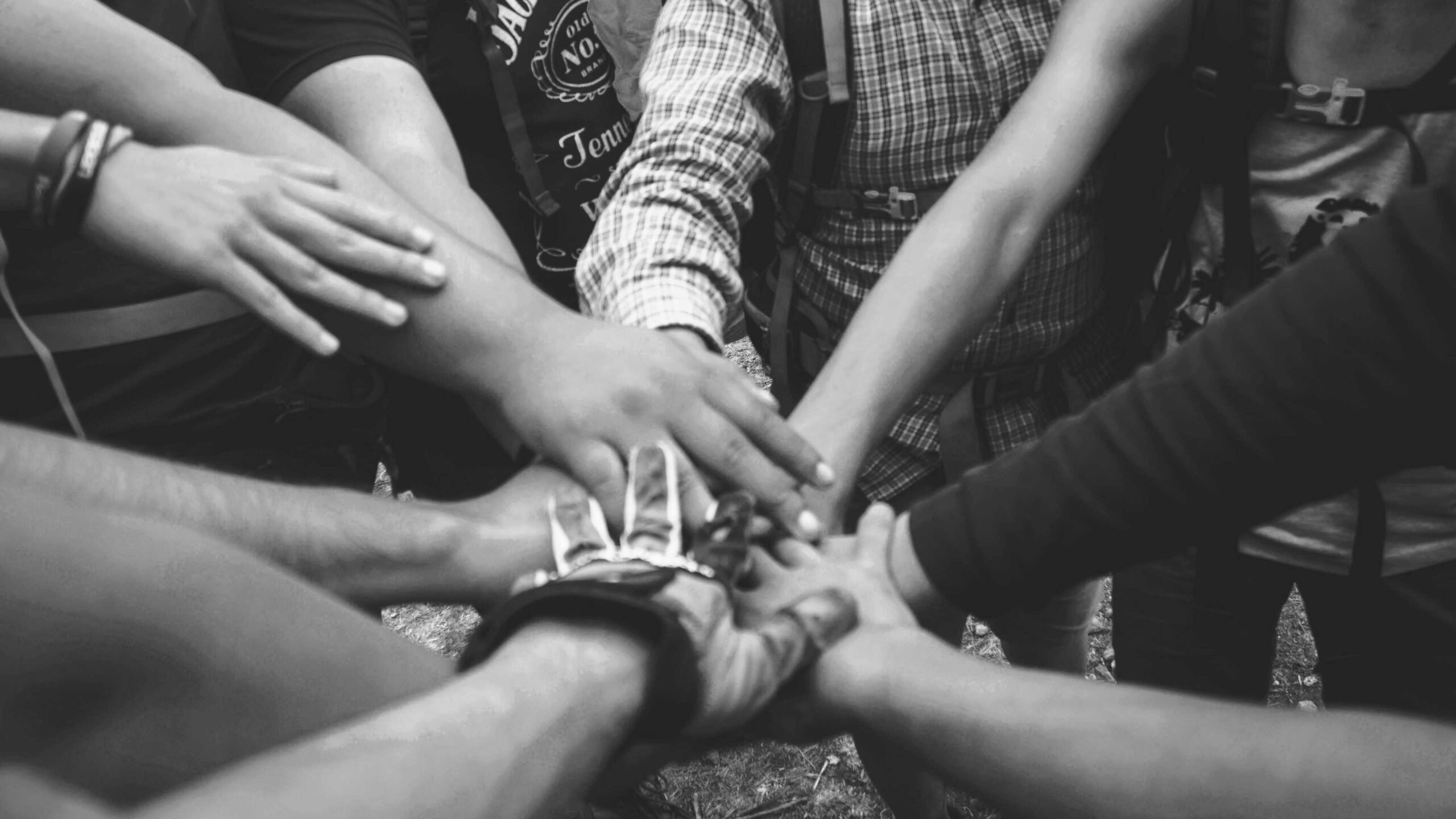Ok it’s not a subject matter that enthrals everybody but it’s an important aspect within the world we live in as such it’s something we should have on our minds in order to ensure our finances are working with us not against us and it’s one less thing to worry about when it’s managed correctly.
When you manage your finances, you know what you can support, what you need to wait for and having this structured approach means it’s not something you need to worry about during your Hobby; this blog post (first of many of this subject) starts the building blocks with a solid foundation for developing good working practices to get this going and over time it will become second nature.
What needs Funding within a Hobby?
When starting a new hobby, developing your own Hobby or venturing down new paths it’s always good to know what aspects of your Hobby can and will need funding in order to take part but let’s get something straight just because there might be items out of your reach due to lack of finances or they need to be saved up for doesn’t mean you can’t take part in a Hobby it just means you have to get creative and use advice and guidance from this blog and community to help you along the way.
Do all Hobbies need funding?
On some level all Hobbies need for funding, there are ways to minimise and reduce this but it’s a fundamental aspect of taking up a Hobby they often require our time, focus and finances but there as I keep hammering on about there are ways to reduce this, good practices and smart ways to enjoy a hobby more so than ever - on the cheap.
It’s important when engaging into a Hobby to look out for the costs, some can be one-off but others can be recurring such as subscriptions and other fees like location use (tennis courts) or memberships (more tennis courts?) but let’s face it you could practice Tennis without the Tennis Court nor an opponent it just looks like a different hobby and that is ok as it makes it affordable yet still enjoyable and a means to practice.

Interests not Hobbies
Just know that a person can have “interests” these are simple enjoyments and pleasure we like but don’t overly take part in as such they’re ideal for those that either don’t have the budget or want to research the matter prior to taking part in it themselves. This can be such an amazing tool / concept to rely upon for those who do have financial worries you can take engage in something as an interest, research it and sample it from afar this can be a good way to see if your interest is a fascination in the subject matter or a want to take part in it as such it’s a great means so know what you get out of something without breaking the bank.
You could have an interest in Boats, you could research them and look into further; do you actually want to learn to sail and use a boat or are you simply content and happy with the idea of boats in general. You could be like myself and simply engage in matters of discussion and research simply because other people have a passion in it; the sharing of this interest and passion is very comforting and exciting to me. Ok I’m starting to lose my point but the fact is before you start to spend a penny decide what you actually want from the interest / hobby because it’s the best way to start your journey.

What to fund
Now you’ve starting to think about what you like regarding this activity, you can narrow down what you need and want in order to engage in it, enjoy it and get the most out of it. Always focus on the basics and fundamentals you required to engage in it, if you’re taking up cycling as a hobby to ride around the country you will need a bike but there are various ways to handle this.
There’s always multiple options how to obtain said items, the cost they entail and how you fund them as such keep this in mind as we go through the basics of this mentality and thought process.
- Buy a bike
- Rent a bike
- Share a bike
- Borrow a bike
Evaluating the Cost of a Hobby
When you know how you want to engage in a hobby, the items you feel are required to do so and how you might go about getting said items it might be time to put all that into a list because we’re about to analyse it and likely reduce it even further.

Needs and Wants
The best way to start seeing if we can reduce costs or if we have simply gone overboard is to first look at ‘Needs’ and ‘Wants’ this is a fundamental approach into many concepts but for finance it’s crucial. A need is something that your hobby can’t function without, we’re not talking variations or something fancy for example this bike we need for our cycling hobby, as long as it has the correct amount of wheels and functions; it still remains a need for the hobby for now we don’t care about extras or personalisation this bike is our need. A want is something you feel would make the hobby easier and or more enjoyable etc but if you took it away the Hobby would still be functional and able to take part in.
I find lists or spreadsheets tend to help but however you process this information make sure you know what your needs and wants are within the hobby before moving on, if unsure if it’s a need or want just ask yourself if I didn’t have it could I still take part in the hobby – don’t worry we’re not getting rid of all your wants it just makes it easier to manage in the future and we will develop on this as we go.
Building your Finance List
Now we’ve separated these costs to our hobby into wants and needs we can begin to research into their actual value both to the hobby and their cost but as always, we need to make sure we’re aware of what items bring to the table as they’re not all created equal and we shouldn’t always simply look for one option.
I find starting at the most essential and important items within your needs list is a good place to start, for the purpose of this blog we will keep the cycling example as we go through this method and topic discussion. For me the bike itself is the most important part, the type of bike you will look at depend on what you want to do with the Hobby; when it comes to cycling it’s about location and surfaces, if you’re going the distance via roads then a road bike will likely be ideal the more off road you go will change the type of bike you get. This ranges from Gravel, Hybrid to Mountain Bikes (there are others but these are the most common), when you know your bike type, then look at the features of said bike and see if there are makes / brand etc that have more of your needs on them than others this could form the basis of your price point of entry.

Just remember when researching options always keep one or two back-up options that might of fell short because of not hitting the mark for your needs because these might become more desirable and feasible as we go along but it’s always good to have more than one option to work with. This methodology can be applied to any hobby, knowing your essentials, what you want to get out of the hobby and if there are types of equipment etc that allow to cover more than one need is a solid foundation for knowing which products and service are right for you.
Learning to Budget
Now you may ask why did I talk about research prior to even discussing the budget, what if all our research doesn’t fit into our budget? Because it’s better to have broad quantity of research before going into your budget so you have more options to look at because if you narrow the focus too much you have less options and wiggle room when you compare needs and cost.
A budget is simply the amount of money you can either spend upfront or over certain period of time (financing or fees (subscriptions / memberships etc) but advisably your budget should be reasonable and avoid you going into debt (loaning money, because this will create net negative outcomes both financially and psychologically in the future unless the purpose of the hobby is to eventually make money from it).
Financial Management of a Budget
We’re not going too deep into Financial management but the basics should be easy now you have developed a system (with options and diversity) in which to choose from, this will make budgeting so much easier as you can simply see what financial costs tick the most ‘Need’ boxes and it’s just a case of ticking all the requirements within the budget, if there’s money left over in the budget you can look at those options, would you rather save some money for a bigger purchase in the future or use that money now to change one of the items in our list to something of more benefit but we sidelined due to cost allowing the items we purchase to offer us more.
If this is for a new hobby you may not know which parts of it either give the most enjoyment or become the most financial burden because of that enjoyment, keeping with our cycling example if you learn that all terrain cycling no matter the weather conditions is how you get enjoyment out of your hobby then you may see increase in financial requirements to fulfil the need for repairs, cleaning and maintenance of your Hobby / Bike.

On-Going Hobby Costs
These can be the pesky costs that can get overlooked or may control our finances more so than we like, as we previously mentioned the repairs, cleaning and maintenance of our bike is heavily influenced on how we engage in our hobby, these are on-going costs that you will need to predict based on your activity and frequency of engagement in said hobby.
Over time you will see and observe how much you spend on these on-going costs so you can update your budget but also if you need to cut back or try something new in order to preserve the hobby and budget. If I was following this along my list would have needs, wants, cost of each option and if there are a on-going or one-off cost but an additional column can be used to predict the future costs based on frequency (yes my brain works like this on daily basis and this list has likely developed into a spreadsheet that is developed daily over years –it helps…me).
Financing and Budgeting a Hobby
Our finances can come from various means the most common being the income from a job role we undertake this could be via a salary or the products we sell in order to obtain said finances. Disposable income is the money we have left over after paying the bills, buying food and the essentials; in order to maintain said financial income and our requirements for living.
Disposable income are our finances that can be spent on things that aren’t a requirement for you to function within your role and in society these are commonly spent on interests, hobbies or improving aspects of our essential lifestyle (e.g. upgrading our car for additional functionality that may help us within our job role).

How to Budget
Due to all the work we’ve done prior to getting here we have a lot of data and information in which we can use to budget, now we’ve applied a given figure to the overall funds you can initially spend and the on-going financial costs you can begin to budget. This includes having additions, deductions and funds set aside for future expenses you need or can predict.
The best way I find to budget is to set expectations, this can be easily achieved for me because I’ve generated a list of my needs but this list can change with time, our needs change, our hobbies evolve and we take on new adventures as such the more effort you put into said list the easier it is to adapt and therefore budget.
Generating additional funds
Even with all this research, diverse options and ensuring you’re not funding non-essentials, there will be times in which your financial budget isn’t enough to support the hobby there are two options here but there will be others.
Tuning down a Hobby
This isn’t the greatest option because if we’ve done all this work and we still can’t afford the minimum for the hobby that we want to engage in, then the last thing we want to do is resort to engaging in the chosen hobby differently to what would be are most preferred. This could simply be taking a cheaper option so your up-front costs are reduced or taking part in the hobby less so your on-going costs are less.
You can even change the hobby experience even further, for example if you’re wanting to cycle through the wilderness but can’t afford an entry level mountain bike it might be that you simply hike these trails to get used to the routes as you slowly save up for a period of time in which your finances allow for the purchase of your own bike or you can in the interim rent a bike until you can afford your own.

Obtaining more Disposable Income
The other option is to either accelerate the wait or to help improve the financial situation via increasing your disposable income this can be accomplished via various means:-
- Side Hustle – this is a means of generating additional funds via secondary jobs or ventures this could be in the form of sales of products and services outside of your main salary role.
- Volunteer – although it’s rare that you can volunteer into a Hobby without limiting your options but volunteering can give you access to communities that allow the use of equipment or simply to increase research and understanding of the hobby which supports in reducing of expenses.
- Tutor – You can provide your knowledge and understanding of a given subject matter and sell this as a service which will increase your financial income and potentially your disposable income.
- Sell your Hobby – I’m not saying sell-up and move on to other adventures but there are hobbies that generate products as a bioproduct of participation these can be sold to finances your hobbies further.

Financial Support Systems
This is a very basic way of looking at your financial endeavours into the hobby world but it allows for you to ensure everything is covered, you’re not spending above your means and have a tool & mindset to ensure that it’s easier throughout the life of a given hobby and any additional hobbies you may pick up in the future.
Everybody is unique, so are their hobbies and circumstances as such this might not always be applicable for everybody so I want to cover a few additional matters that may occur or be of help to you.

Debt Avoidance
As somebody who has a shocking fear of debt (a mortgage to me is the only acceptable form of debt for me yet I still find it difficult to tolerate) there are those that this is unavoidable as such I would encourage you to air on the side of caution when engaging in your hobby it might be that you find fun in it being an interest so you can save more and reduce future stressors.
For you managing your debts should be your priority but shouldn’t exclude you from engaging in leisure activities, you can find interests and hobbies that fit into your budget and allow you to manage your debt at the same time; do your research and you will be surprised what you can accomplish on a restricted budget and some creativity.
Support Groups
Research doesn’t have to just include products and finances it can include support and social groups that can provide some of the best guidance, advice and solutions to a multitude of problems let alone managing finances and budgets. Some of the most creative and resourceful people I’ve ever met helped me find new ways of looking at a hobby, what I could actually accomplish on a budget and even kind souls that allowed me to borrow and share equipment to get me on my feet as I saved for my own.
Utilise all resources to find what works for you and your situation, don’t always look at a hobby in one way there’s tons of variations, evolutions and creative means of engaging in the hobby some of which require less equipment and financing ideal for those that need it.
Community Suggestions
As you engage in various groups and communities don’t be afraid to ask for suggestions, let people know your problems and what’s your preferred outcome is and I’m sure there will be a multitude of people willing to help you find solutions. Just be open to change and the support of others to allow you to get fulfilment as remember having a hobby should be about enjoyment not the stress of finances and other complications so make sure you’re aware of the resources and people around you that can offer support in ensuring you enjoy your hobby.

The Dreaded Signing Off…
The early days of our content and blog will be focused on around general subject matters, something we can all relate to, such as time, money and organising / routines then branching out to more diverse and sometimes wacky subject matters all to get you thinking about your Hobby in different ways but also for you to pay it forward and teach us about your Hobbies.
I thank you for making it to the end, there are and should be other blogs for you to read; if you like diversity in your content you can watch our video-based content on YouTube, our reels and photos on Instagram or you can swing by our live streaming on Twitch to engage with us in real time, no matter your content of choice I can’t wait to hear from you.
*Please note any funding or donations towards the Hobbyist Community goes into helping fund the creation of the content here and I thank everyone for their time in visiting our website and other media.
Have a lovely day and happy Hobbying.



